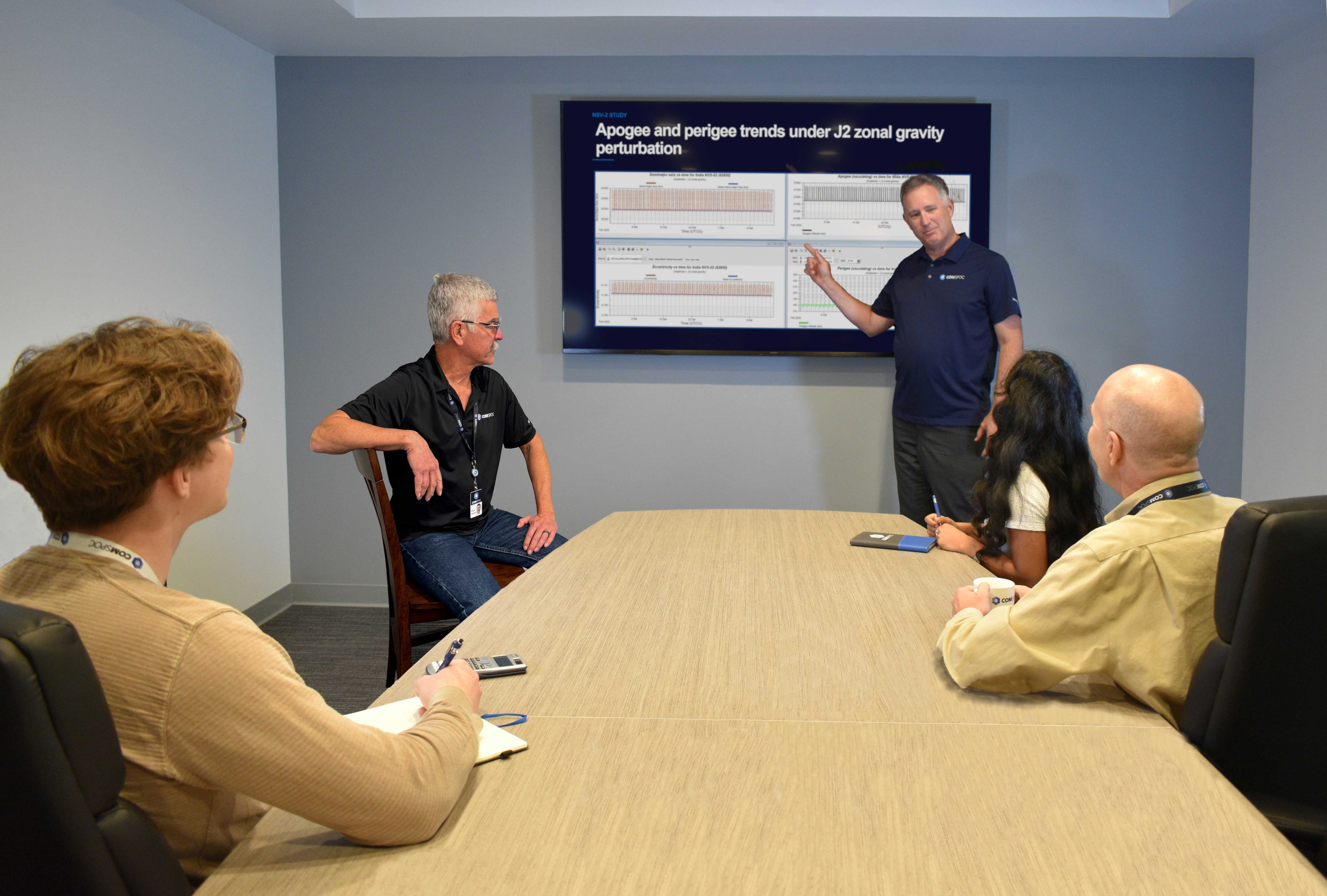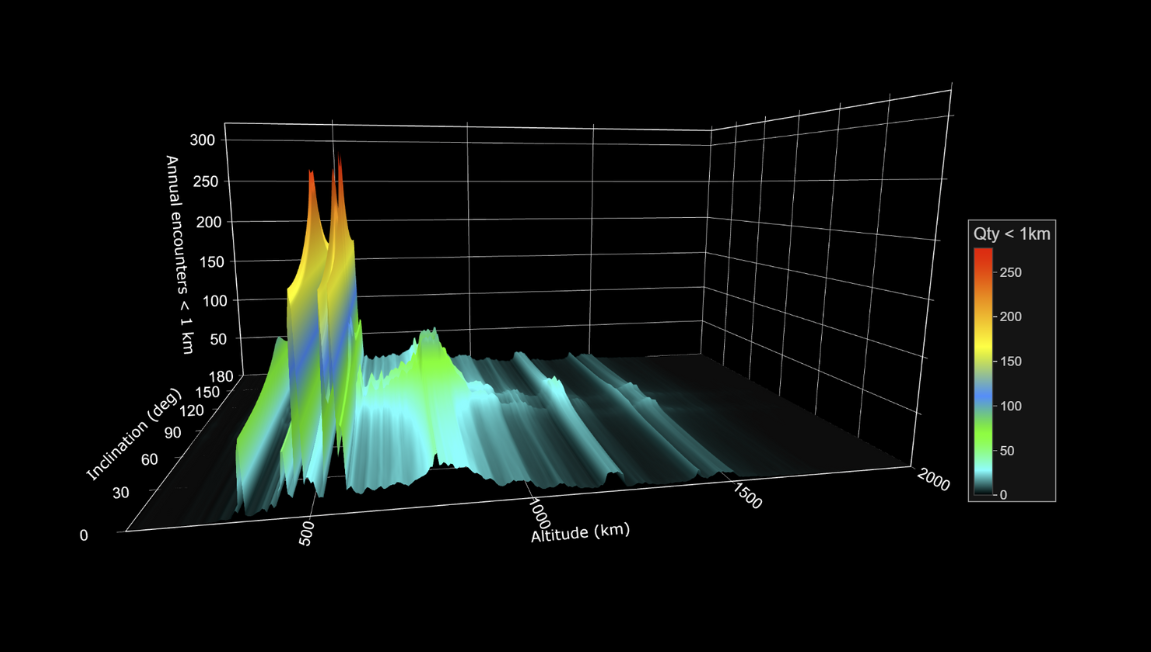Our Research Team
COMSPOC created the Center for Space Standards and Innovation (CSSI) in 2004 to serve as a catalyst for technological innovation and international cooperation. The CSSI team, directed by Daniel Oltrogge, fosters mutually acceptable astrodynamics standards, enables data exchange, and creates innovative technical solutions that serve COMSPOC’s public interests in civil, commercial, academic, national, and international space communities.
Dan Oltrogge
Chief Scientist and Director of the Center for Space Standards and Innovation
Dan is the Director of the Center for Space Standards & Innovation (CSSI), Chief Scientist, and space policy expert at COMSPOC. He is also the Program Manager of the Space Data Center, providing space situational awareness and analysis support to 30 government, civil, and commercial space operators in the Space Data Association.
Pete Zimmer
Consulting Astronomer
Pete is responsible for designing and building telescope systems, the software that runs them, and the image processing systems that measure the data they produce.
CSSI aspires to:
Promote optimum use of space assets to enhance U.S. security and public awareness of space information
Foster innovation in space control, technology, commerce, and exploration
Promote space security, safety, and sustainability
Encourage interoperability as a central resource for open, readily available, industry-wide standards
Compile and disseminate accurate industry information, including the most capable techniques, sources, practices, and tools for space and defense applications
Support high standards by advocating state-of-the-art advancements
Encourage young talent and creative ideas to thrive in the aerospace field

Ongoing Engagement
The CSSI team is passionate about working with space-focused institutions, universities, and schools worldwide to advance our understanding of the space domain. In addition, they frequently address industry and government organizations to promote standards and collaborative approaches to space domain awareness (SDA) and space traffic management (STM). Here are some examples of the ways in which CSSI engages with academic, commercial, and national and international organizations.
Education
Guest Lectures, Panel Discussions, and Short Courses: Presenting at leading institutions such as UCCS, Penn State University ARGoPS, Politecnico di Bari, and more.
Educational Research Support: Providing educators and students with technical resources, expert talks, and real-world SSA data to support teaching and research in space situational awareness and astrodynamics.
Peer Review: Diligently reviewing technical papers from prestigious journals – Astra Astronautica, ASR, Journal of Astronautical Sciences, etc. — ensuring the highest standards of scientific rigor.
Industry and government
Standards and Cooperation
Standards Updates at UN COPOUS: Contributing expert insights and updates to international standards processes and providing technical guidance to the SSA industry.
Keynote addresses and public talks: Helping contextualize SDA/STM advances for technical and policy audiences.
SSC: Bridging the gap in space flight safety in national guidelines and regulations, and leading the commercial space community in the assembly of SSA best practices.
Data and Resources:
Data Consolidation: Curating consolidated data sets to facilitate consistent orbit propagation and operational assessments.
Advanced Modeling and Code Developing advancements in collision probability estimation and encounter rate modeling – essential for current operations.
Our Work
As the list of CSSI engagements shows, the team is involved in numerous pursuits relating to the safe and sustainable use of space. Here are a few noteworthy examples of their projects.

Space Safety Coalition
The Space Safety Coalition (SSC) was founded to address gaps in existing safety standards, particularly concerning the potential for collision involving Earth-observation satellites. The SSC comprises spacecraft operators, insurers, manufacturers, commercial SSA providers, academics, launch vehicle service providers, and a diverse network of civil society organizations with a direct stake in space operations — all dedicated to improving standards and expanding their adoption.
Read more
Among its initiatives, the SSC has published two editions of its report, “Best Practices for the Sustainability of Space Operations.”
Today, 60 organizations have endorsed the first edition of the report and 45 have endorsed the second.
Crucially, the SSC’s framework distinguishes itself by rigorously integrating and expanding upon existing pivotal standards, treaties, and guidelines established by organizations such as the United Nations Committee for the Peaceful Use of Outer Space (COPOUS), the Inter-Agency Debris Committee (IADC), the International Organization for Standardization (ISO), and the Consultative Committee for Space Data Systems (CCDS).
This work fosters a shared understanding of critical risks.
Drag modeling
The development of accurate drag modeling is crucial for safe LEO operations, and it directly addresses a significant challenge for the future of LEO space activities. The CSSI research team is pursuing important aspects of atmospheric drag research and testing.
Read more
The International community has long sought methods to improve the accuracy of the orbit determination and propagation of satellites affected by atmospheric drag. Commercial and academic institutions are developing methods to improve the forecast accuracy of atmospheric drag inputs and density. CSSI has proposed a unique application of the Extended Kalman Filter to demonstrate the ability to estimate density corrections in real time, and to model them into the future. Testing these approaches, and comparing them to reference our independent ephemerides, is an important step to gauge the effectiveness of each approach. CSSI has led the collaboration between several organizations to establish baseline approaches to conducting this testing.
Operational data and NEAT
CSSI’s commitment to the 21 Long Term Sustainability (LTS) guidelines underscores a fundamental need for data exchange, capacity building, and transparency within the space community. But achieving this reality is significantly hampered by inconsistencies in input data. Recognizing this, our team has developed tools and portals to provide free access to operational data, including historical Earth Orientation Parameters (EOPs), space weather forecasts, comparative SSA information, and space object catalogs. These resources enable a shared understanding of potential risks and empower planners, operators, and regulators to access critical information necessary for consensus-building and enhanced safety.
The CSSI team’s experience directly demonstrates that the community’s processes and procedures differ, leading to misunderstandings when flight safety is at stake. To address this, CSSI provides and maintains the free Number of Encounters Assessment Tool (NEAT). Using a fast, probability-based algorithm, NEAT enables you to assess collision risk by adjusting key parameters including constellation size, orbit altitude, and inclination. Our team has validated these techniques against real-world operational data.


